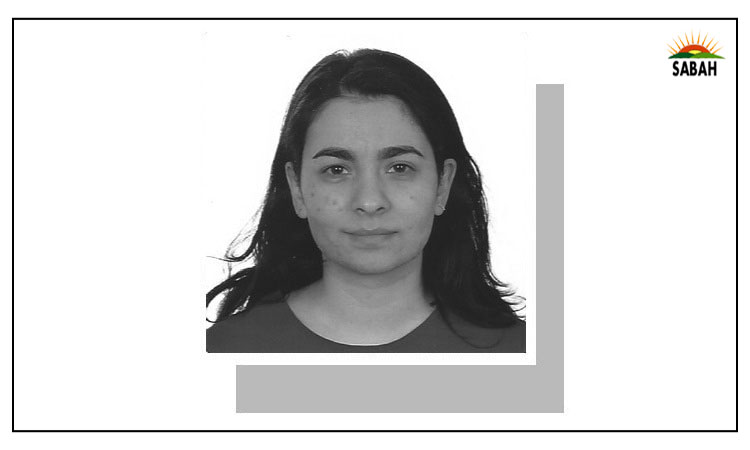Different approach …. Zainab Malik
LAST month, UN Secretary General, António Guterres, called for “putting people first” in the global response to illicit drugs. Kicking off the latest session of the UN Commission on Narcotic Drugs, the secretary general urged governments to balance approaches countering drug trafficking with investments in prevention, stressing rehabilitation, upholding the human rights of people who use drugs, and expanding treatment programmes and health services. The statement comes against the backdrop of an extremely complex landscape.
The World Drug Report 2023 shows that over the past decade the number of people who use drugs and those suffering from drug use disorders increased by 23 per cent and 45pc respectively. It is becoming clear that the extensive use of punitive enforcement in deterring drug use has just not worked. In fact, drug policies globally have fuelled overcrowding, arbitrary executions, extrajudicial killings, and human rights violations against the poorest and most vulnerable.
At the moment, 20pc of the global prison population have been sentenced for drug-related offences. Thirty-four countries retain the death penalty for drug offences — accounting for almost half of all executions. Punitive approaches addressing drug use deliver unequal outcomes for marginalised populations, women and youth. Over 35pc of women in prison globally have been convicted of drug-related offences, compared with 19pc of men.
Despite challenges, countries are moving towards a new way of working — one that puts people’s needs, health and human rights at the centre of drug-control policies. Pivoting the focus of drug control from punishment to mainstreaming evidence-based treatments addressing the needs of drug users has shown improved outcomes for drug use, health and well-being and reductions in future harm for individuals and society as a whole. Countries like Mexico are developing therapeutic justice programmes to strengthen alternatives to incarceration and promote responsible drug use. Ghana’s recent drug policy framework monitors better health outcomes, including harm reduction.
Drug-control policies must focus on people’s health, needs and rights.
The conversation is making its way across justice systems in Asia — where countries with the harshest drug policies can be found. In 2023, Malaysian lawmakers voted to remove the mandatory death penalty for drug trafficking. In India, a National Fund for Control of Drug Abuse has been established to support initiatives related to drug abuse prevention, treatment and rehabilitation.
Pakistan has also joined the movement by abolishing the death penalty for drug offences with the Control of Narcotic Substances (Amendment) Act, 2023. Notable efforts are being made in the country to shift towards evidence-based treatments, with Islamabad introducing the ‘Minimum Service Delivery Standards for Psychiatric & Addiction Treatment/ Rehabilitation Facilities’ in 2021.
The Anti-Narcotics Force is running four model rehabilitation centres and reported almost 22,000 people who had been voluntarily treated in these centres from 2005-2021. Much more needs to be done. There still remains an urgent need to counter over-incarceration for drug offences and improve access to health/ treatment for prisoners jailed for drug use, through the implementation of human rights-based sentencing guidelines and improved standards of healthcare in prisons.
Ministers, senior judges, policy experts, prosecutors, health professionals and human rights activists will convene in Islamabad from April 23-25 to drive the momentum in transforming drug policies pushing coercion and control to those based on health and human rights. Justice Project Pakistan is holding a conference titled ‘Reimagining Justice: Public Health and Human Rights Centred Drug Policy’ to take stock of regional and national best practices on a wide range of topics including sentencing for drug offences, over-incarceration for drug offences, and access to healthcare for persons who use drugs. The event, which will be held in person and online, aims to initiate a public dialogue on how the global drug problem can be solved by focusing on the health needs of people rather than coercion that has neither protected the welfare of people nor deterred drug crime.
More and more countries across the globe are adopting policies and practices that treat drug usage as a public health and human rights issue, and are applying evidence-based, gender-sensitive and harm reduction approaches. The data is clear — this is what works. If we are to finally solve the global drug problem, the momentum must keep building in the right direction. The time is now.
The writer is a lawyer and development professional.
Courtesy Dawn, April 20th, 2024












